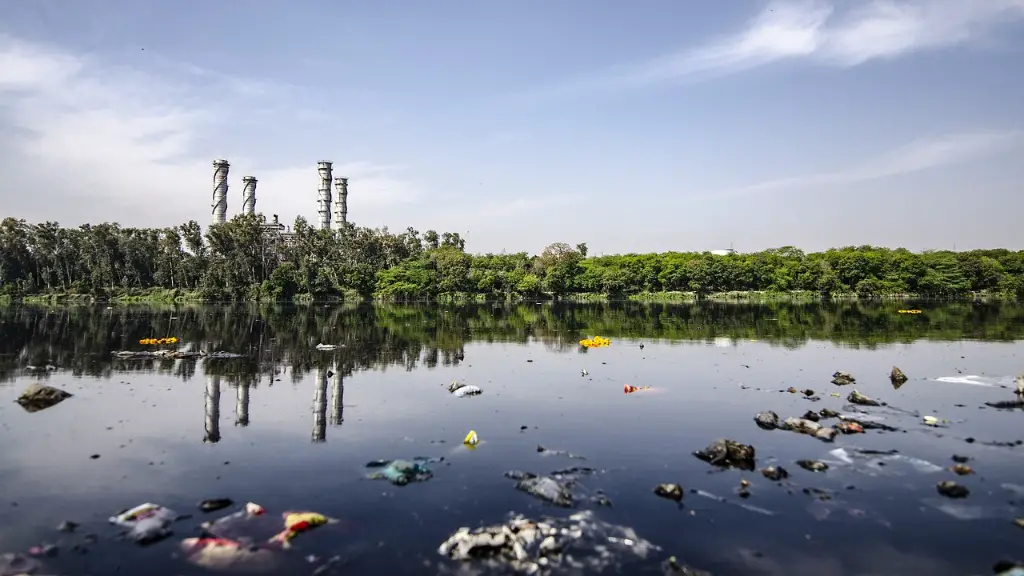When it comes to global warming, recycling has become an increasingly popular and necessary topic of conversation. It stands to reason: Recycling is a powerful and effective way to reduce the amount of waste that is released into the environment, thereby helping to lessen the devastating impacts of global warming. But is recycling enough to effectively tackle this issue? The answer is a complex one, depending on a myriad of factors. To begin, we must analyze the environmental and economic implications of this practice.
Recycling has the potential to vastly reduce our dependence on finite natural resources such as fossil fuels, reduce the need for energy-intensive manufacturing processes and mitigate the damaging effects of the landfill crisis. The act of recycling itself is a process that is more energy efficient than sourcing and producing brand new materials. For instance, the energy needed to recycle paper is around 60% less than what it takes to produce virgin paper from wood pulp. This in turn reduces the amount of harmful pollutants released into the atmosphere, which is a major contributor to global warming.
Additionally, recycling can be an economically viable option for businesses and cities alike. From an urban perspective, recycling can significantly reduce the waste disposal costs of landfills, which can be a huge burden on municipalities. Furthermore, businesses can benefit from recycling in terms of the cost savings associated with reducing raw materials and production costs. For all the aforementioned reasons, recycling is a great way to reduce the strain on the environment and, ultimately, global warming.
However, it is also important to remember that recycling is not a silver bullet. The world’s population is growing at an alarming rate, meaning that more and more people are demanding materials and resources, which has an equally alarming effect on the environment. Recycling is beneficial, but not if it is used in lieu of other sustainable practices. Reuse, reduction, and proper waste management are some of the key strategies to ensure that our total environmental impact remains low. Additionally, it is still possible for recycling to produce emissions, such as the ones associated with waste incineration processes. Therefore, it’s essential to properly assess the full impact of recycling before acting.
Overall, it is clear that conservation and sustainability need to be part of any effort to address and reduce global warming. Recycling is an invaluable component in this plan; it is important to remember that it must be supported by other environmentally sound practices and used in an economically responsible manner. Together, these measures are necessary for reducing the amount of damaging pollutants released into the atmosphere and curbing global warming.
People have an incredible capacity to make a difference, not just in the lives of others, but in their own lives as well. Therefore, if we are serious about tackling the issue of global warming, we as individuals must recognize and act on our responsibility to recycle properly and responsibly. If we can make more conscious choices in our everyday lives and ensure that we are using energy and materials responsibly, not only will we be making a meaningful contribution to tackling the global warming crisis, but we will also be making a positive difference in our lives and the lives of future generations.

